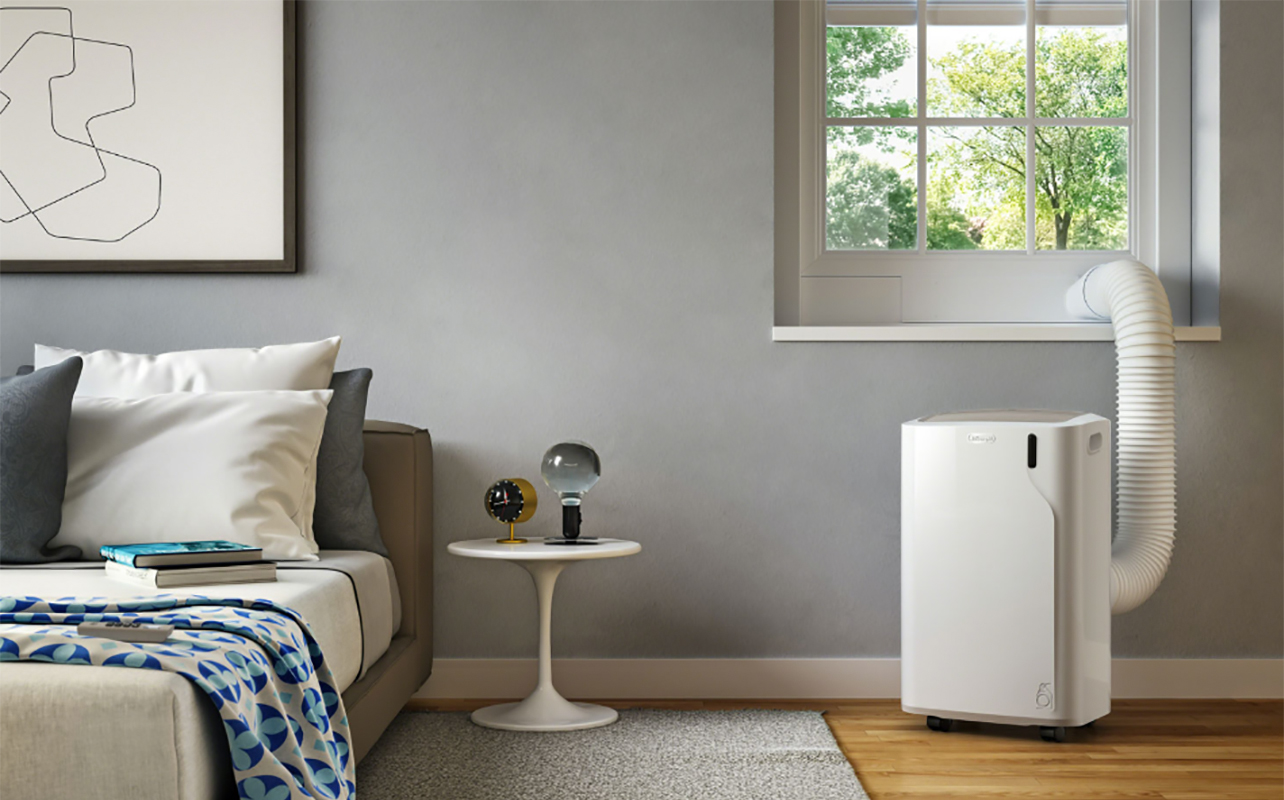
Imagine this: it’s the middle of a heatwave, and your air conditioner suddenly stops cooling. You check your unit and discover that it’s covered in a layer of ice. While it may seem odd for something built to cool your space to be too cold, a frozen air conditioner is a surprisingly common issue.
Let’s break down what’s actually going on when your air conditioner is freezing up, what causes it, and most importantly, how you can fix it (and prevent it from happening again).
What it means when your air conditioner freezes up
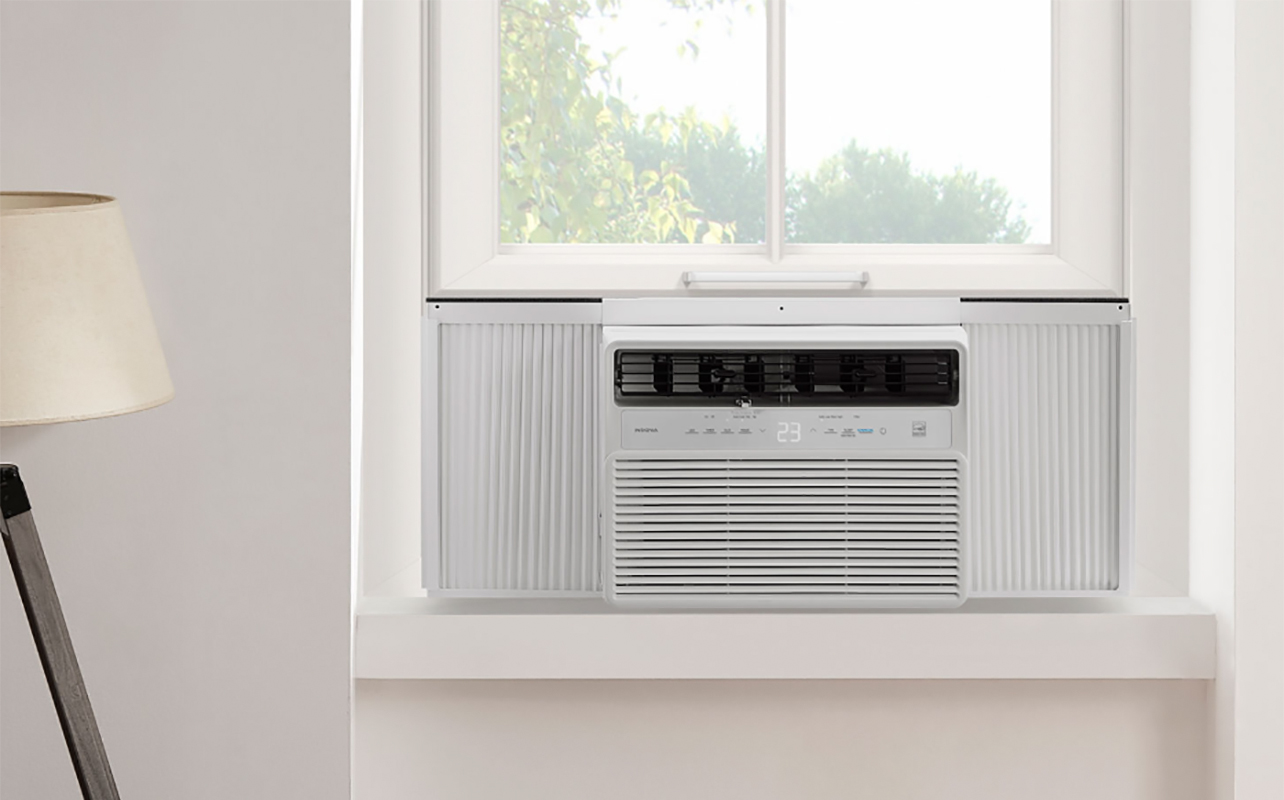
If your AC, whether it’s a portable AC, window AC, mini split, or central air, is giving you the cold shoulder, literally, here are a few clear signs your frozen air conditioner needs some attention:
1. Visible ice on coils or refrigerant lines
This is the most obvious clue. Ice might form on the indoor evaporator coil or the outdoor unit. You may notice a frosty buildup on the copper lines or even on the air handler inside your home.
2. Reduced or no airflow
If your system seems to be running, but you barely feel air coming out of the vents (or nothing at all), it’s likely airflow is blocked. This is a common precursor to a frozen AC unit.
3. Unit stops cooling properly
If your space isn’t getting cooler even though the AC is on, chances are the ice buildup is preventing the system from doing its job effectively.
Common causes of a frozen AC unit
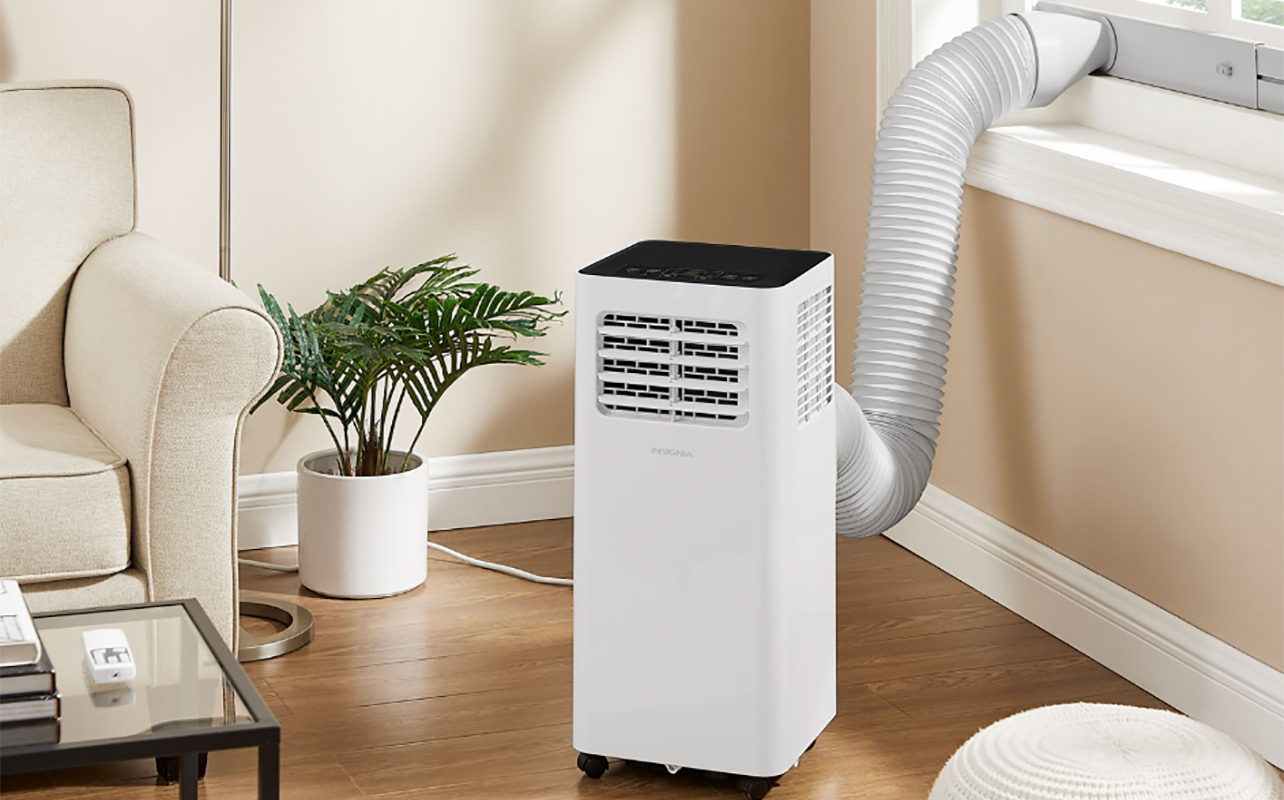
So, why is your air conditioner freezing up in the first place? Here are the usual suspects:
1. Restricted airflow
Airflow is essential to keep your AC running smoothly. If something blocks it like a dirty filter, clogged return vent, or furniture blocking a register, the evaporator coil gets too cold and starts to freeze over.
Pro tip: Dirty air filters are the most common (and easily fixable) culprit.
2. Low refrigerant levels
Refrigerant helps absorb heat from your home. If levels are too low due to a leak or improper fill, pressure drops and causes the coil to freeze. This isn’t something you can solve with a DIY top-up. It needs a professional so you’ll have to call for service.
Want to learn more about how refrigerant affects cooling? Check out common central air conditioning issues and fixes.
3. Thermostat set too low for conditions
Setting the thermostat to a super-low temperature (especially on humid days) might seem like a way to cool your home faster, but it can cause your system to overwork and freeze. It’s best to stick to a temperature of around 22–24°C (72–75°F) during summer.
4. Dirty evaporator or condenser coils
When the coils get covered in dirt and dust, they can’t properly transfer heat. That backup in the system can cause freezing. Coil cleaning can be done at home with care. But if they’re heavily soiled, it’s time to call for professional help.
5. Mechanical issues
A failing blower motor or malfunctioning fan means the system isn’t moving air the way it should. Without airflow, cold air just sits and causes the coils to drop below freezing. You’ll likely hear strange noises or feel inconsistent airflow if this is the case.
How to fix a frozen air conditioner
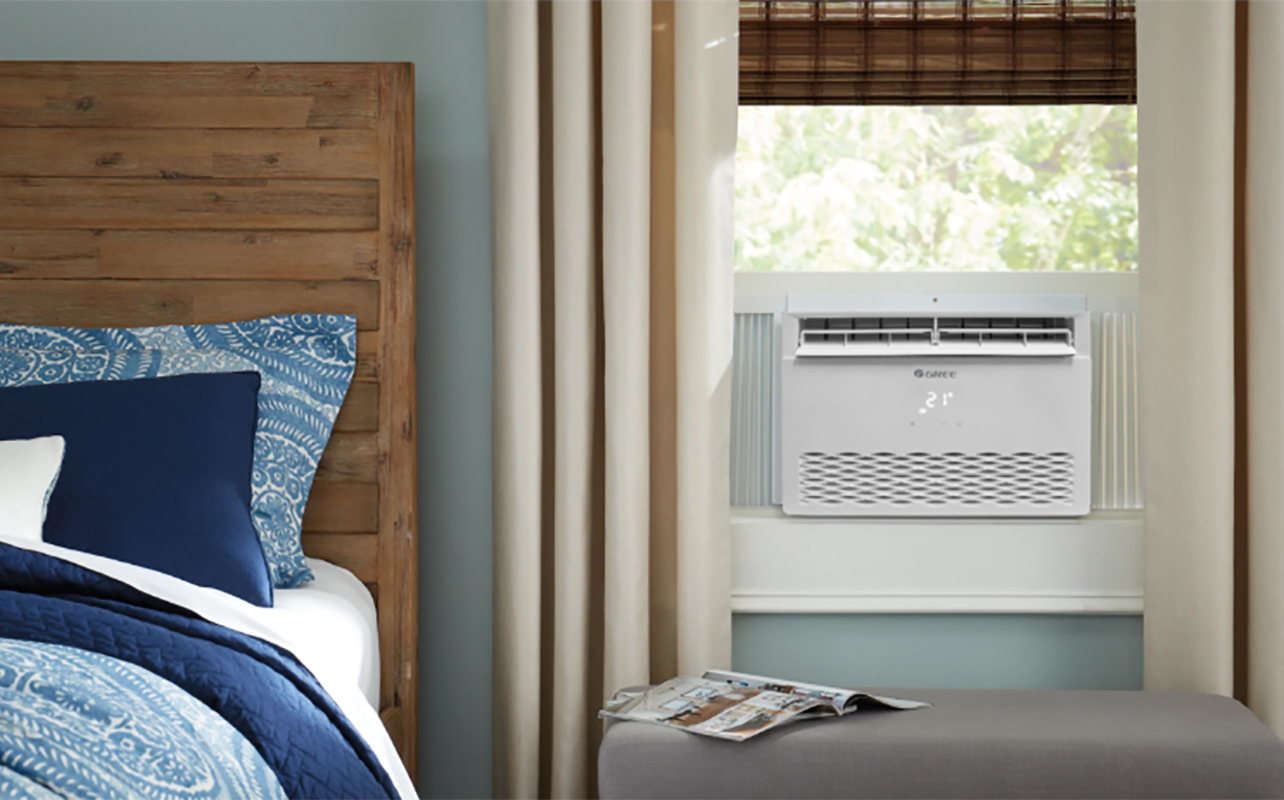
Okay, now you know what’s behind the problem. Let’s get your AC back in action. Here are the steps you can take safely at home:
1. Turn off the unit and let it thaw
First thing’s first: turn off your air conditioner. Letting the system run while frozen can cause serious damage. Set your system to “off” and just run the fan (if possible) to help melt the ice.
Heads up: This process can take a few hours, even overnight, depending on how severe the freeze is. So if it’s an especially hot night, you might have to keep the windows open for a cross-breeze, sleep over at the in-laws, or invest in a fan (or a few fans) as a temporary back-up.
2. Replace or clean your air filters
Once your unit has thawed, check your air filter. If it’s dirty or clogged, replace it immediately. A clean filter is crucial for good airflow.
3. Ensure vents are open and unblocked
Walk around your home and make sure all vents are open and unobstructed. Blocked vents make it harder for air to circulate, which can lead to freezing.
4. Check thermostat settings
After your system is thawed and airflow is good, check your thermostat. Avoid setting the temperature too low, especially during humid days. Try bumping it up a few degrees and using ceiling fans to help circulate air more effectively.
When to call a professional
Sometimes a DIY fix won’t cut it, and that’s okay. Call in an HVAC technician if:
- Ice forms again soon after thawing and cleaning.
- You notice hissing sounds, bubbling, or oil spots (all signs of a refrigerant leak).
- Airflow is still weak, or the system keeps shutting off.
- You suspect electrical or internal mechanical issues.
- The coils or internal components need deep cleaning.
If your unit is freezing up frequently, it might be time to consider an upgrade. Here’s a helpful breakdown of portable vs. window vs. mini-split air conditioners to help you decide what’s best for your space.
How to prevent your AC from freezing up again
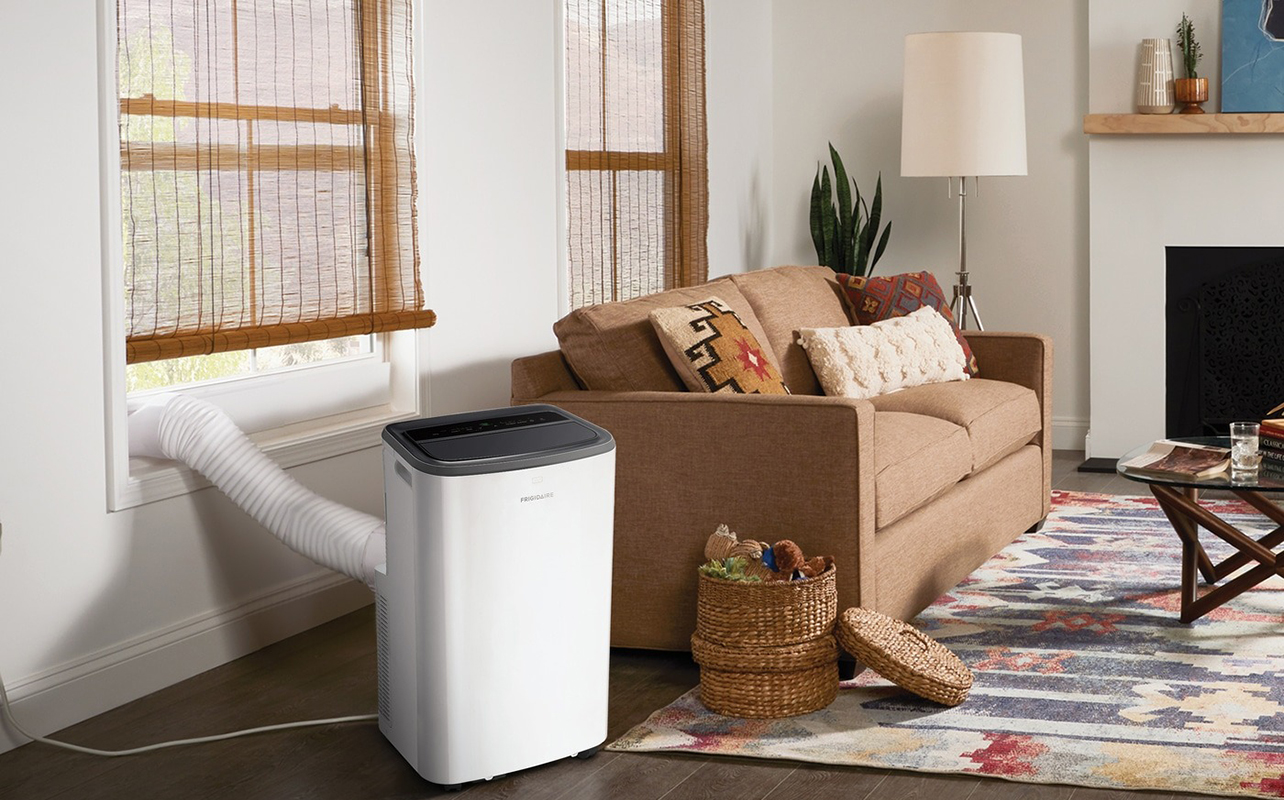
The best way to deal with a frozen air conditioner is to make sure it doesn’t happen in the first place. Here’s how:
1. Schedule regular maintenance
Consider getting your air conditioner checked by a technician at least once a year. They’ll inspect the system, top up refrigerant (if needed), and clean any buildup you may have missed.
2. Replace filters monthly
In the summer, replace or clean your air filters at least once a month, more often if you have pets or allergies.
3. Don’t crank the thermostat too low
Aim for a realistic, efficient cooling temperature. Setting your thermostat too low forces the system to overwork, especially when it’s humid. You might also want to consider a smart thermostat to help manage settings more effectively.
4. Keep coils clean and vents clear
Check your indoor and outdoor coils regularly. Remove any dust, leaves, or debris. Also, ensure your vents and registers inside the home are free from obstructions.
Final tips
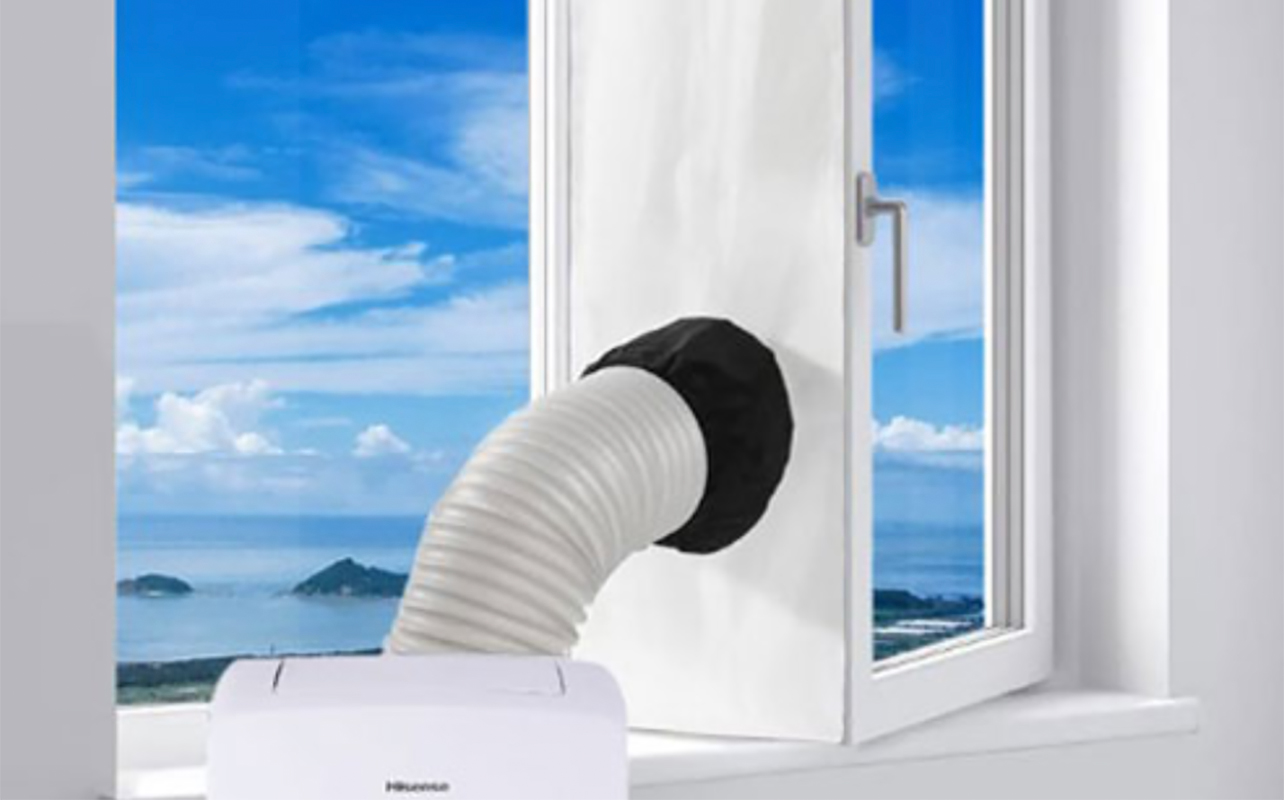
If your air conditioner is freezing up, don’t panic. It’s a common issue with some fairly simple solutions. Often, a quick thaw and a clean filter can get things back on track. But if problems persist, it’s best to bring in a professional to prevent long-term damage.
Keeping your AC running efficiently isn’t just about staying cool, it’s about keeping your energy bills low and your system running longer. With a little care and attention, your unit will be back to keeping you comfortable in no time.
Want to explore cooling options that suit your home and lifestyle? Check out air conditioners available at Best Buy and beat the heat the smart way! Not sure how to choose the right AC system for your space or how to care for it? Here’s a handy air conditioner buying guide and a guide to help you find the right size air conditioner for your space.
Stay cool, and take care of your AC!
This article was drafted using AI technology and then reviewed, fact-checked, and revised by a member of our editorial team.





